Heat Power Engineering Installations Department


Departments history
The department was established in 1960, when the institute was founded. The subject of research has been and still remains
today - internal combustion engines and the processes going on in it. Members of the National Academy of Science - Rafael Dvali, Vakhtang
Makhaldiani, as well as the member-correspodents Iovel Jebashvili and Boris Kordzadze have made a great contribution to the establishment
and development of the department.
During the existence of the department, scientific work has been done with significant results on such issues as:
Textbooks on the theory and dynamics of motor tractors have been published by the staff of the department, in which, the effects
of high conditions and variable load on the working process of engines are discussed, unlike the existing textbooks. In order to imitate the high
operating conditions of the engines in the unit, the engine test is based on the electro-balancing brake device of the high-altitude testing
laboratory, which provides imitation of different climatic conditions by selecting the physical parameters of the atmosphere. The department
cooperates with the Georgian Technical University, Working process of combustion engines with departments of thermodynamics and internal combustion
engines of the Kharkov Institute of Transport Engineers with organizations working on problems of improvement in high conditions.
The former employees of the department played a significant role in the success of the department:
Corresponding member of the Georgian Academy of Sciences I. Jebashvili developed and set up an engine elevator testing laboratory;
PhD in Engineering Science I. Ghvinianidze - for the first time in the engine elevator testing laboratory carried out scientific research works, developed and created a small three-cylinder diesel;
Doctor of Technical Sciences Ejibia - developed and created a free-piston engine and its test laboratory, a two-cylinder diesel;
PhD in Engineering Science K. Gigauri - one of the first to turbocharge the carburetor engine with his own turbocharger;
PhD in Engineering Science C. Badrishvili - developed the original ecological constructions of spark plugs in gasoline engines;
Main scientific directions:
Development of special purpose off-road mobile vehicles.
Department staff:
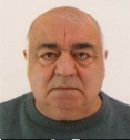
Head of Department, Chief Researcher
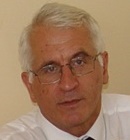
TMD, Professor, Chief Researcher
RevazKavtaradze (CV)
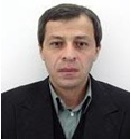
Chief Researcher
Paata Dolidze (CV)
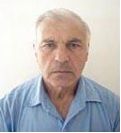
Senior Researcher
Jemal Javakhishvili (CV)
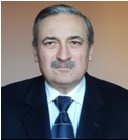
Senior Researcher
Giorgi Chilasfvili (CV)
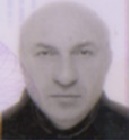
Doctor, Researcher
Bezhan Didebashvili (CV)
Soso Sabashvili,Technician
G. MushkudianiTechnician
Giorgi Lekvinadzeingineer